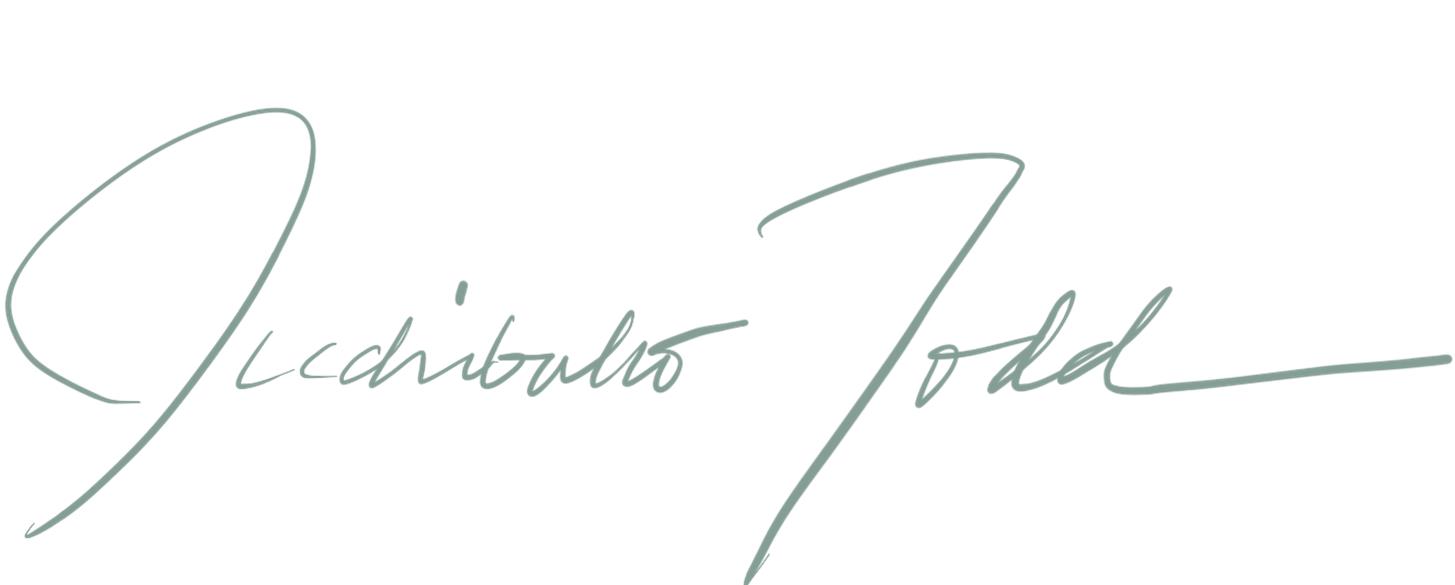What Ancient Wisdom of Tao Teaches Us About Personal Freedom
July 4 doesn’t only mean firecrackers and patriotism in the US. But, it is also a reminder of the passion and bravery of our founding fathers.
This day is all about independence and freedom.
Today, we celebrate the 4th of July. And while others commemorate this day in the heat of the summer through fireworks, barbeques, and other activities, this blog reminds us of the reasons we should observe this date for its true essence.
In the Ancient Wisdom of Tao, we say that to attain personal freedom, we must train ourselves to overcome personal habits or desires that prohibit us from our greatest potentials. Tao practitioners believe that freedom that is attained easily is not true freedom.
Freedom means coming back home to ourselves; it is about realizing who we are through fully integrating the body, mind, and spirit through mindfulness training. This way, we can express our greatest potentials. We are a part of the big energy of the universe, but we do not utilize it fully.
For us to do this, we must undergo energy training for the body, mind, and spirit, which comprises the Three Methods of the Study of Practice: Jigam (Sensing Energy), Joshik (Controlled Breathing), and Geumchok (Building Endurance).
Jigam
This is the first method of the Study of Practice. In Korean, Ji means “to stop,” and Gam denotes feelings or sensations. This approach teaches us to stop feelings and emotions coming from the five senses. When we successfully stop our emotions, we experience ourselves at the deepest level and start our awakening to the Tao.
The Jigam suggests that we calm our minds, stop our stream of thoughts, and become unaffected by the waves of emotions by getting ahold of our mind’s center. To do this, we must focus on the flow of Ki energy.
The flow of Ki starts in our hands, as this part of the body is the most sensitive to energies. As we stop our emotions, we silence our minds. And when we clear our thoughts, we become more in tune with our energy and who we are.
Joshik
From the word jo, which means to control, and shik, which means breathing, the Joshik method directly translates to “controlling the breath.” By controlling our breathing, we calm our emotions.
Ever noticed how we make quick, shallow breaths when we’re fuming with rage, giggle when we’re excited, and let out deep sighs when we’re sad? These prove that our breathing patterns are directly affected by our thoughts and feelings.
The Joshik method teaches us that our breathing pattern would be so subtle and comfortable if our minds are at ease. This approach works hand-in-hand with the Jigam. By controlling our breathing, we bring ourselves to a peaceful state. And when we inhale and exhale, our body and mind become one.
Geumchok
Achieving Personal Freedom Through the Jigam, Joshik, and Geumchok

President of Sedona Mago Center for Well-being and Retreat
Recent Posts




